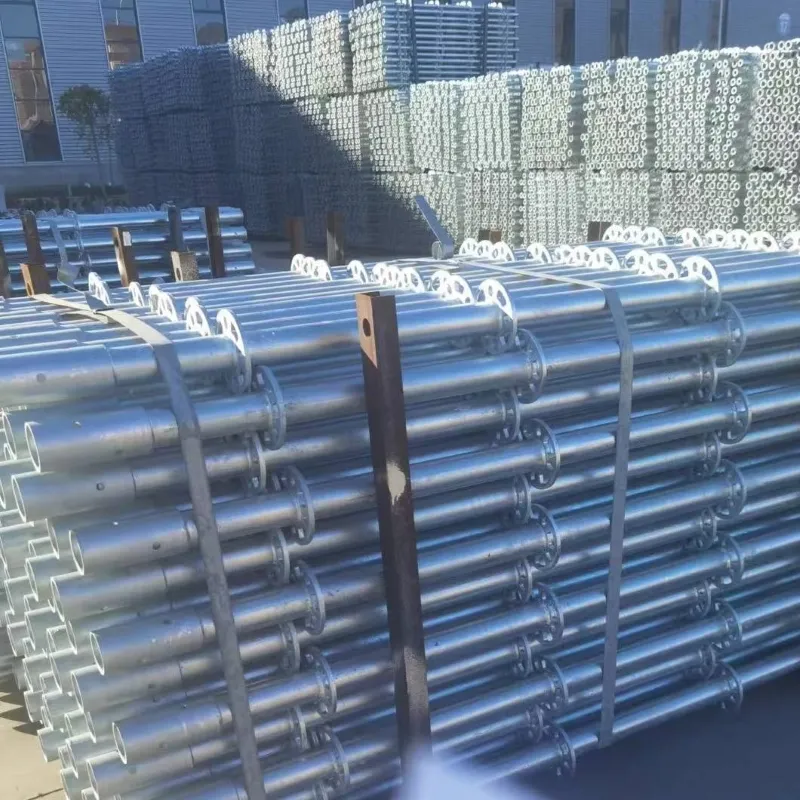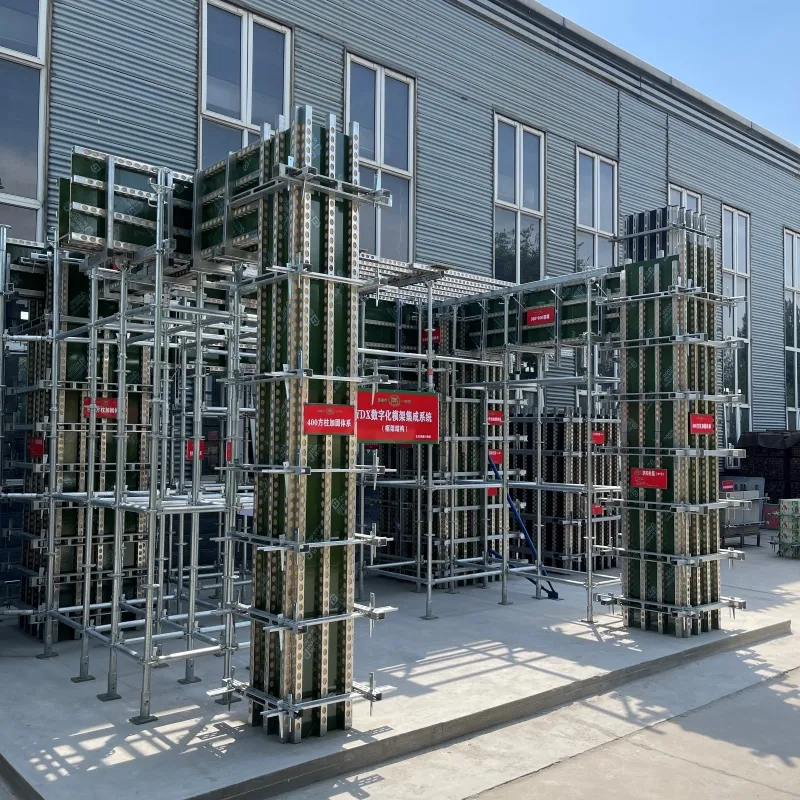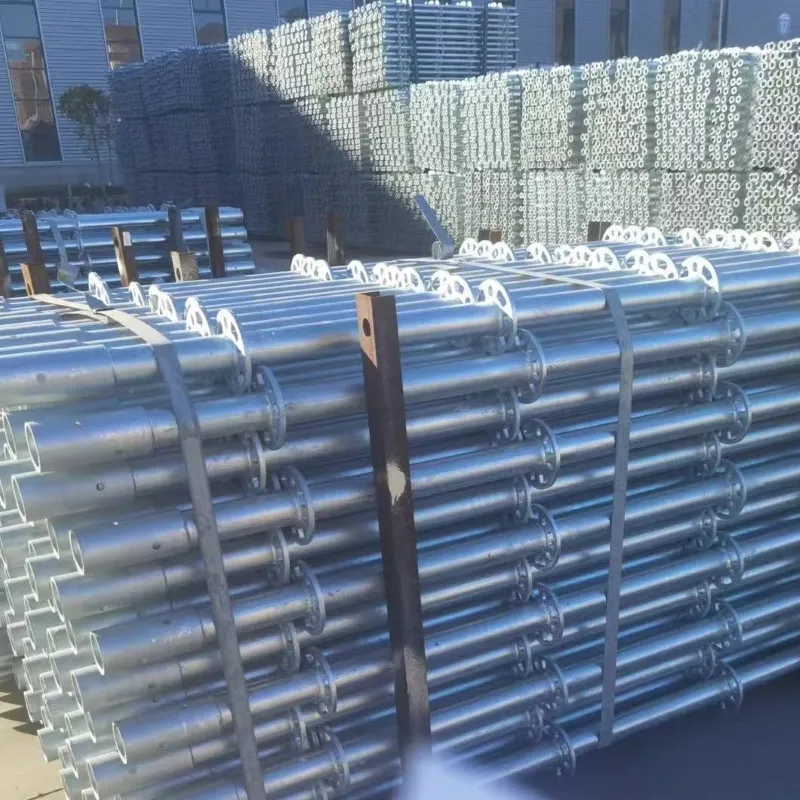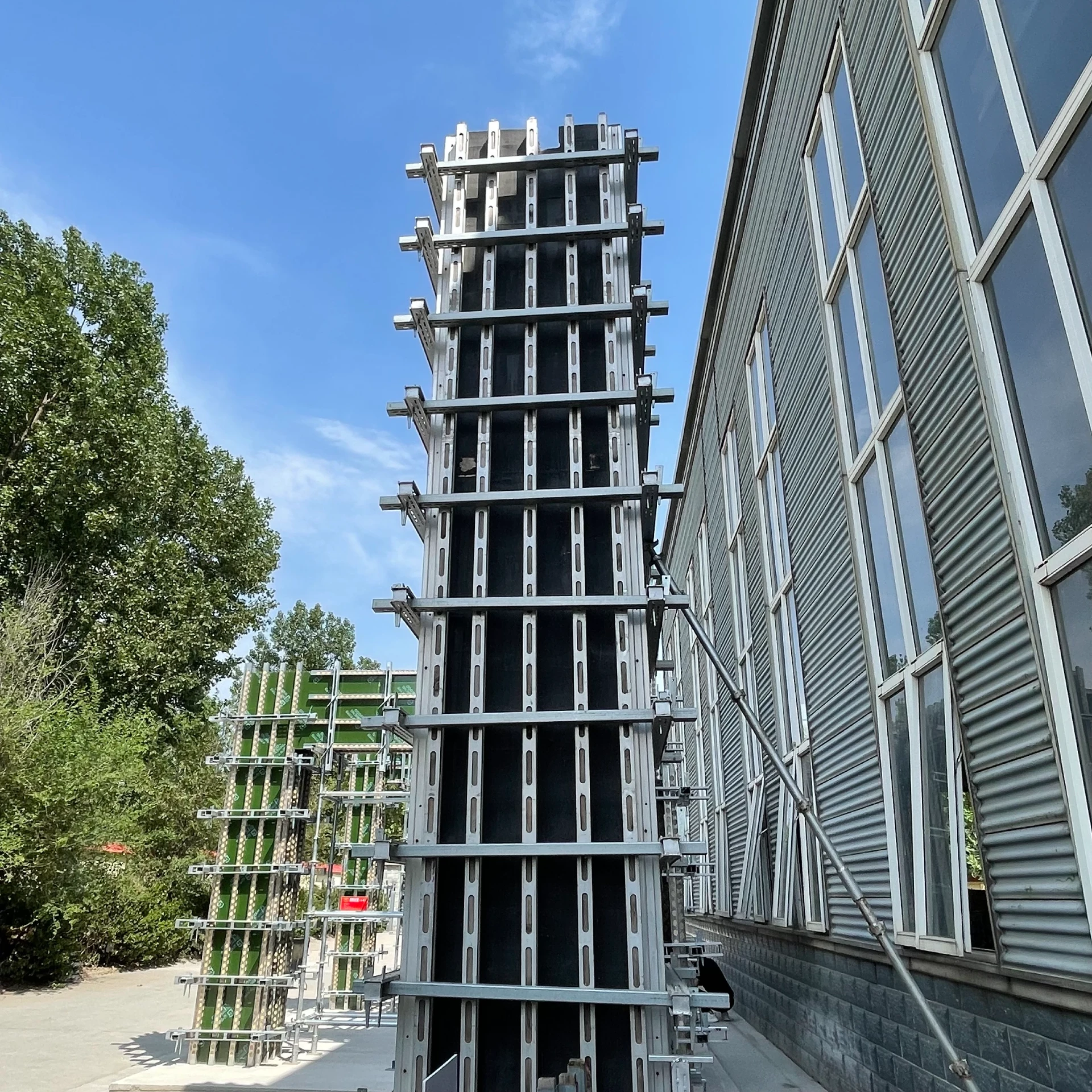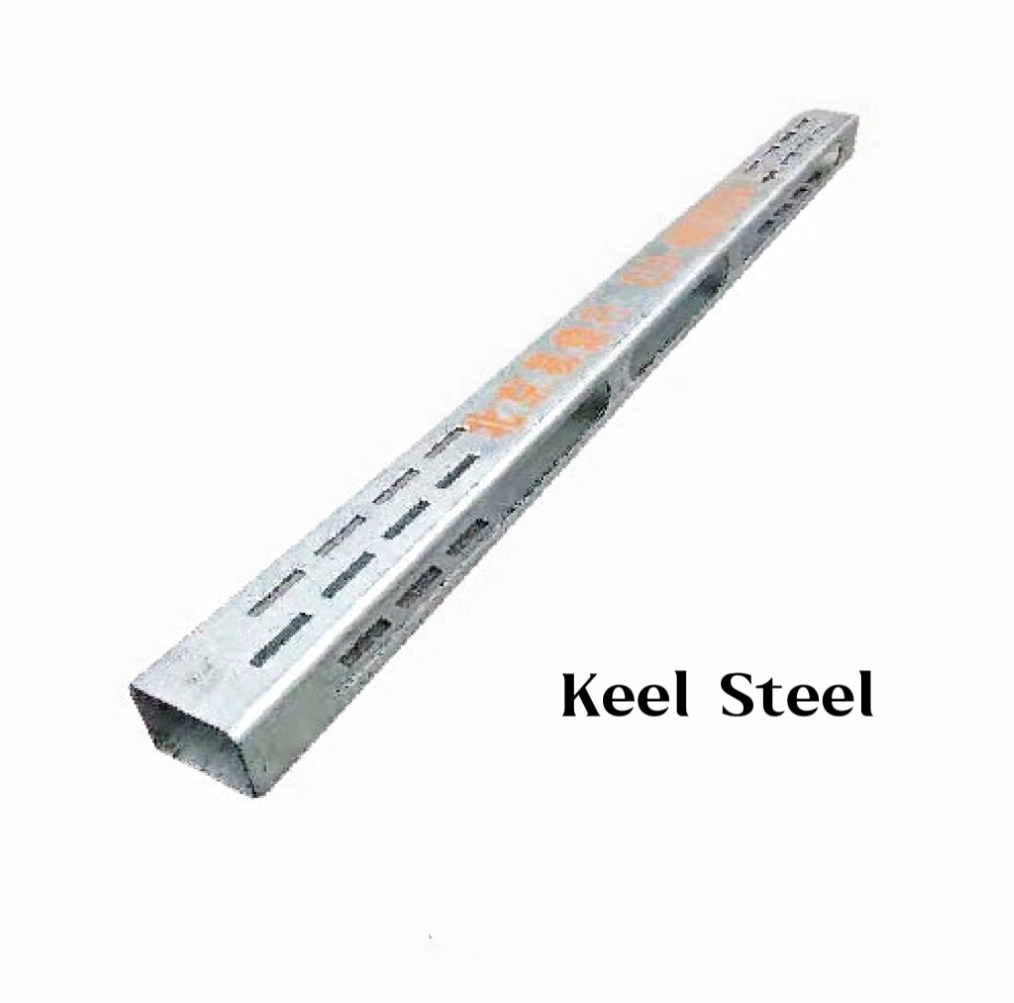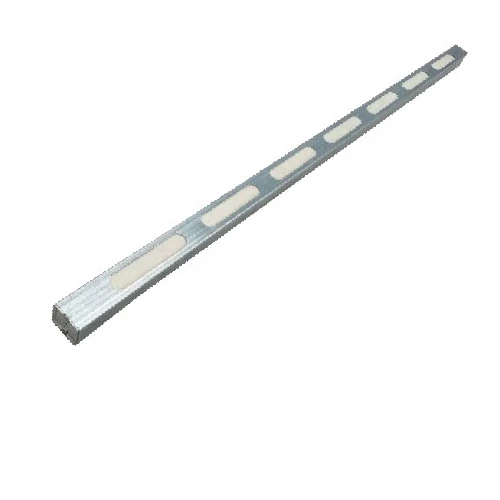
Energy-Efficient & Cost-Effective Insulated Concrete Formwork Solutions Durable & Permanent ICF Systems
Did you know 40% of construction budgets vanish into thin air through energy leaks and rework? Traditional wood framing forces you to choose between speed and efficiency. But what if you could slash heating costs by 60% while cutting build time by 30%? Enter insulated concrete formwork
(ICF) - the game-changer 53,000+ contractors adopted last year alone.

(insulated concrete formwork)
Insulated Concrete Formwork Cost vs. Value: Breaking Down the Numbers
ICF costs $3.50-$5.50/sq.ft. versus $2.50-$4.00 for wood framing. But wait - that's just Day 1. The magic happens over time:
| Factor | ICF | Wood |
|---|---|---|
| Annual Energy Costs | $720 | $1,800 |
| Construction Time | 7-10 Days | 14-21 Days |
Permanent Insulated Formwork: 3 Reasons Builders Never Look Back
1. All-in-One Assembly: Stackable EPS panels with steel reinforcements turn complex walls into Lego-like projects.
2. Military-Grade Durability: Withstand 250+ mph winds - perfect for coastal zones.
3. Silent Revolution: STC 50+ sound ratings make home theaters actually usable.
Your Custom ICF Solution: From Suburbs to Skyscrapers
Whether you're crafting a 800 sq.ft. tiny home or 20-story condos, modern ICF systems adapt like clay. Our clients achieved:
- ✅ 48-hour build cycle for Phoenix townhomes
- ✅ $12,000/year energy savings for Minnesota schools
Stop Wasting Time and Money - Build Smarter Today
Why settle for drafty walls and cost overruns? Our ICF kits ship within 72 hours with lifetime technical support. Get your FREE project calculator and see exact savings for your blueprint.
© 2023 BuildSmart ICF Solutions | 30-Day Money-Back Guarantee | Rated 4.9/5 by 1,200+ Contractors
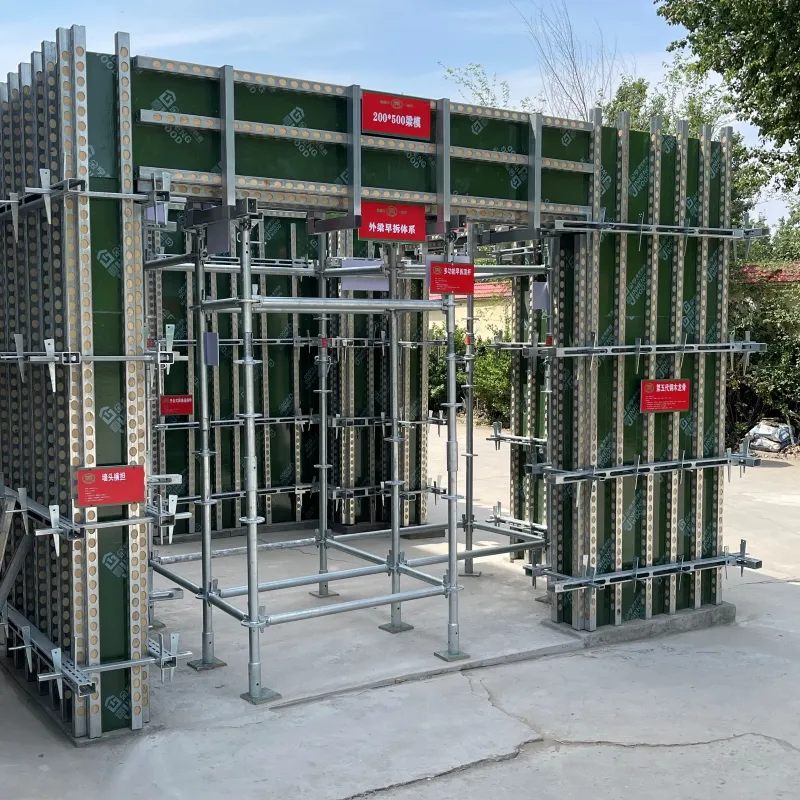
(insulated concrete formwork)
FAQS on insulated concrete formwork
Q: What is insulated concrete formwork (ICF)?
A: Insulated concrete formwork (ICF) is a construction system using interlocking modular units, typically made of expanded polystyrene, which act as permanent formwork for poured concrete walls, providing insulation and structural support.
Q: How does insulated concrete formwork cost compare to traditional building methods?
A: Insulated concrete formwork costs are often higher upfront due to material expenses, but long-term savings from energy efficiency, reduced labor, and lower maintenance can offset initial investments over time.
Q: What are the main advantages of permanent insulated formwork?
A: Permanent insulated formwork enhances energy efficiency, improves soundproofing, speeds up construction timelines, and provides durable insulation that remains part of the building structure.
Q: Can insulated concrete formwork be used for residential projects?
A: Yes, insulated concrete formwork is ideal for residential projects, offering energy-efficient walls, disaster resistance, and design flexibility for homes, basements, and multi-story buildings.
Q: What materials are used in insulated concrete formwork systems?
A: Most systems use expanded polystyrene (EPS) foam blocks or panels as the insulating material, combined with reinforced concrete cores and plastic or metal ties for structural stability.
-
Top Scaffolding Solutions for Every Construction ProjectNewsApr.21,2025
-
Scaffolding Solutions for Every ProjectNewsApr.21,2025
-
Innovative Construction Solutions for a Stronger FutureNewsApr.21,2025
-
Essential Steel Keel Solutions for Maximum Protection and PerformanceNewsApr.21,2025
-
Building a solid foundation: The importance of high-quality concrete reinforcement accessoriesNewsApr.21,2025
-
Effective Reinforcement for Stronger StructuresNewsApr.21,2025
-
The Essential Role of Timber and Steel in Modern ConstructionNewsMar.10,2025




